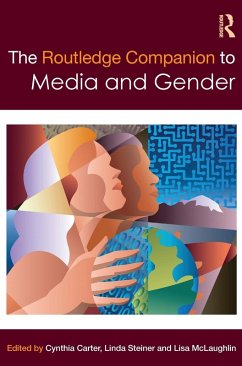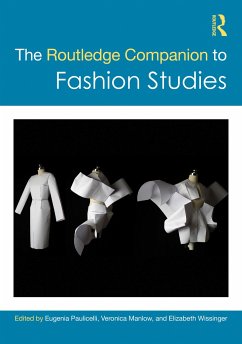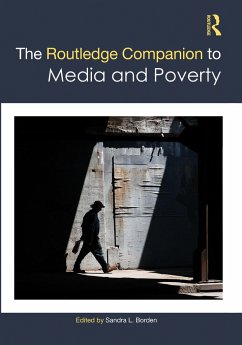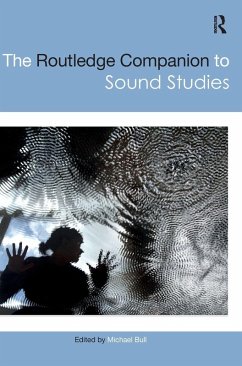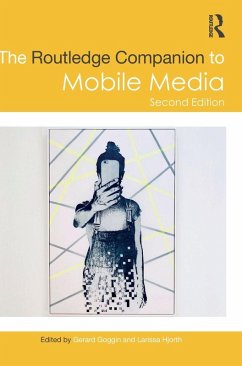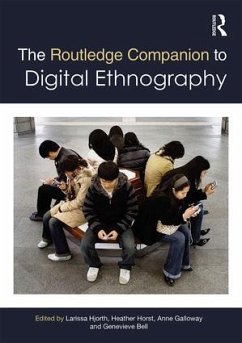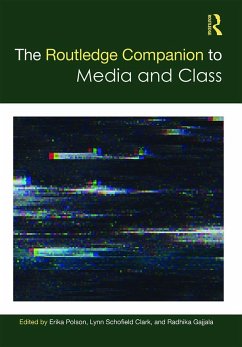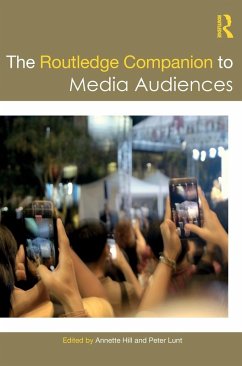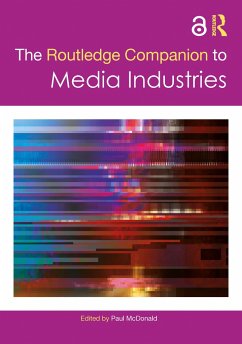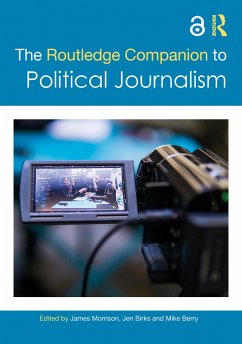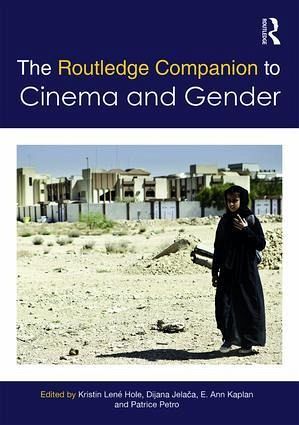
The Routledge Companion to Cinema & Gender
Versandkostenfrei!
Versandfertig in 1-2 Wochen
305,99 €
inkl. MwSt.
Weitere Ausgaben:

PAYBACK Punkte
153 °P sammeln!
This comprehensive collection of all new essays assembles major theoretical approaches to cinema, gender, and spectatorship, covering the intersections with other discourses such as class, ethnicity, sexuality, stars, genres, new media, and feminist modes of address. Bringing together leading figures in the field, the volume provides an overview of cinema and gender, while also reflecting a desire to rethink some of the ways in which feminist film theory and filmmaking are historicized, theorized, and taught. Essays are organised into five parts, each highlighting key areas and approaches. The...
This comprehensive collection of all new essays assembles major theoretical approaches to cinema, gender, and spectatorship, covering the intersections with other discourses such as class, ethnicity, sexuality, stars, genres, new media, and feminist modes of address. Bringing together leading figures in the field, the volume provides an overview of cinema and gender, while also reflecting a desire to rethink some of the ways in which feminist film theory and filmmaking are historicized, theorized, and taught. Essays are organised into five parts, each highlighting key areas and approaches. The Companion will be an important resource for researchers and students.





